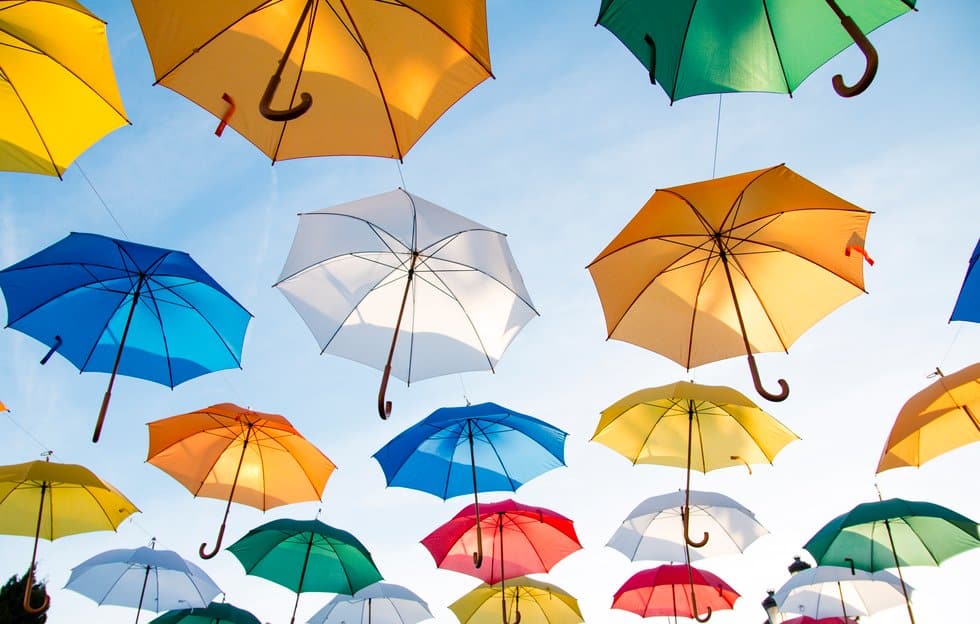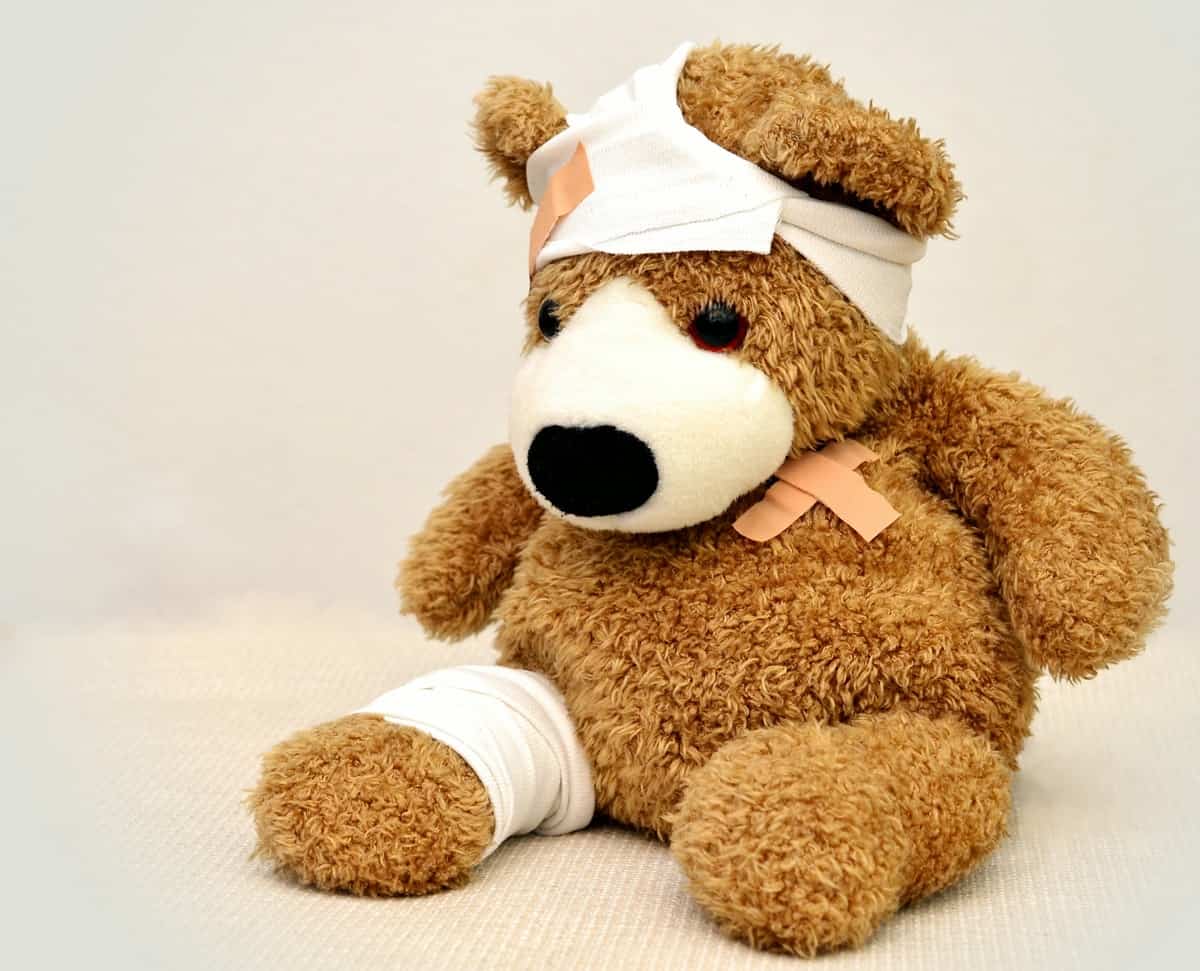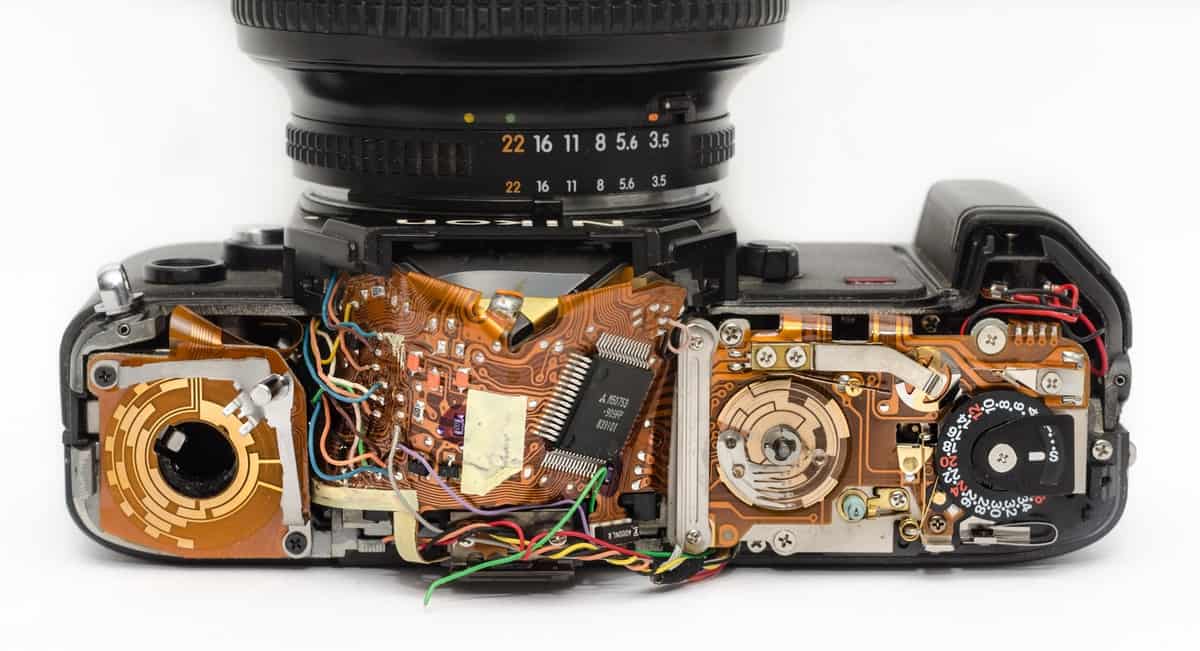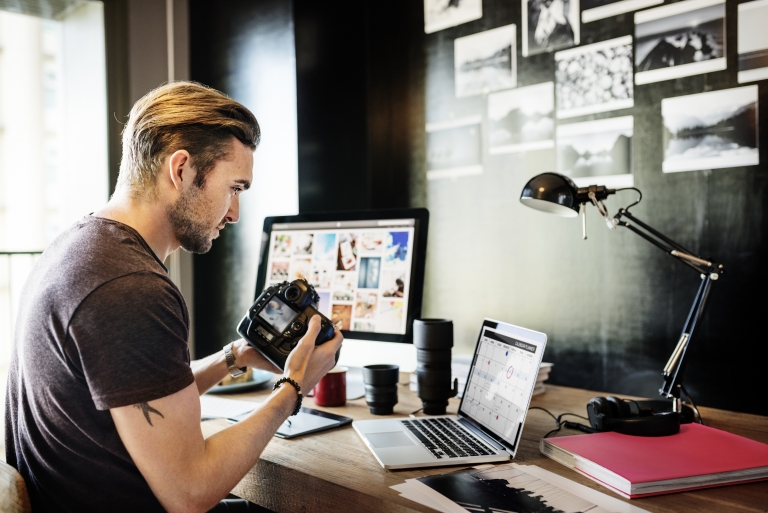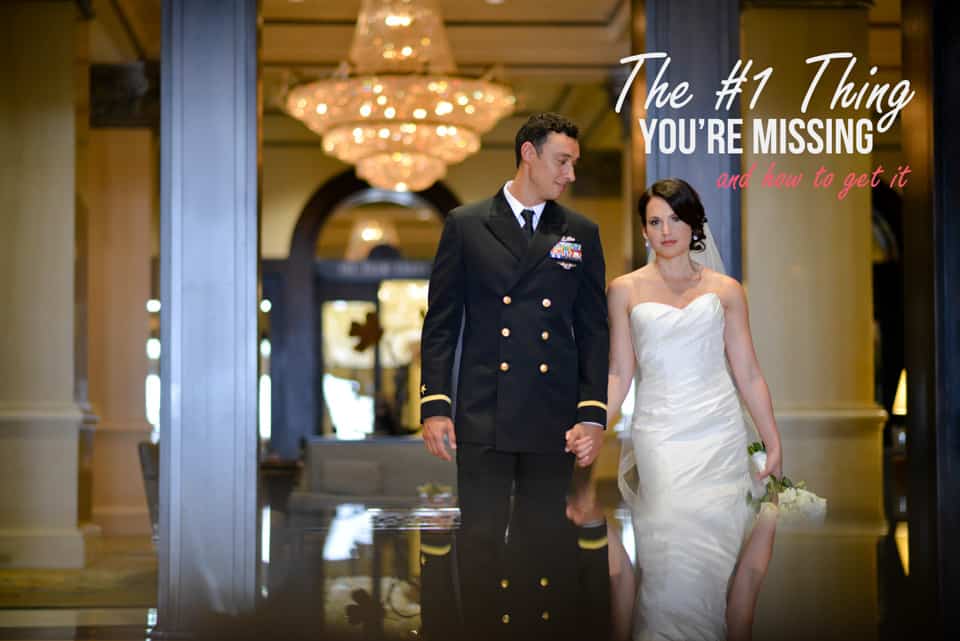Do you need photography insurance? Short answer…yes.
Are you prepared for the worse case business scenario? I’m not talking some blurry shots or forgetting your ideas for posing. I’m talking ruin your business and your personal finances kind of stuff. That’s what photography insurance is all about – protecting you against business and personal financial ruin.
What would you do if your camera bag with camera body and lenses gets stolen out of your locked car? What about a client that sues for damages because you missed shots at their wedding? How about a child that got hurt doing a photoshoot with you? If you are shooting as a professional photographer or accepting money for photography services, you should make sure you assets are covered with photography insurance.
 What is photography insurance?
What is photography insurance?
Photography insurance is insurance designed to protect you and your business financially against theft, damage or client suits. There are several different kinds of photography insurance. We will cover the most common types below. What type you need or want and what is covered will depend on your policy and coverage provider.
Like homeowners or auto insurance, photography insurance is designed to protect you when bad things happen.
Why do I need photography insurance?
Photography insurance protects your business and personal assets. For example, could you afford to replace all your gear if someone broke into your studio and stole it all? How would you pay for the damage done to an expensive painting that a wedding guest ruined when she knocked over your light stand? And what about a family asking you to cover medical bills from an accident that occurred in your studio?
If you don’t have photography insurance or even the right kind of photography insurance, you could be risking your business, and worse yet, your personal assets.
Additionally, many venues and organizations like schools and sports leagues, require you to carry a minimum amount of liability insurance to work there. If you don’t carry the insurance, you could be missing out on jobs!
It can be frustrating spending money on insurance when you’re just starting out. A lot of new photographers feel like they can’t afford insurance.
Could you replace all your photography equipment out of pocket? Could you cover the medical bills of a client injured on a shoot? Is your personal nest egg at risk? The real question then is can you afford NOT to have photography insurance?
Kinds of Photography Insurance
- General Liability Insurance
- Errors and Omissions Insurance
- Property Insurance
- Equipment Insurance
- Commercial Auto Insurance
- Disability Insurance
- Short-term insurance
- Drone or videography insurance
What kinds of insurance do photographers need?
What kind of insurance do you need? That depends on how your business is structured and what is already covered by your existing insurance policies (homeowners, renters, auto, etc.). But here’s a general description of the different types of policies you might want.
Disclaimer
The information below should be used for educational and information gathering purposes only. It is not intended to replace the advice of your attorney or insurance agent. Consult them directly for specific advice regarding your situation and policy.
General Liability Insurance
General Liability Insurance is just that, general insurance covering your business. It protects against third party claims of injuries, property damage or medical costs. This kind of insurance can also help cover you in the case of slander, libel or copyright infringements. General liability insurance does not cover lost or stolen equipment or professional errors like completely botching a shoot.
Errors and Omissions Insurance
Errors and omissions insurance, also known as professional liability insurance, protects you against dissatisfied clients. This kind of policy protects you and your workers against inadequate work. For example, if your client sues you for damages because you lost the memory cards with all her wedding pictures, errors and omissions insurance would help cover court costs, legal fees and damages awarded. Keep in mind that even if a court finds in your favor, you would still be responsible for your own legal fees, if you didn’t have errors and omissions insurance.
This kind of insurance is usually highly recommended for wedding and birth photographers, especially, given the emotional and one-time only nature of the photography. But any photographer dealing with clients would benefit from the protection of this kind of policy.
Property Insurance
If you own or rent a studio, you’ll probably need property insurance. This protects you against damage done to the building (and usually its contents) from hail, windstorms, theft and vandalism.
If you rent regular studio space, you ask your agent about a contents-only policy to protect all your equipment housed in the studio. Damage done to the building by you would likely be covered under a general liability policy.
If you have a home studio where you receive clients, it’s important to make sure your business activities are covered there as well. Check with your homeowners or renters insurance policy to see if home-based business activities are covered. If not, talk to your agent about additional coverage.
Equipment Insurance
Equipment photography insurance covers damage or loss to your gear, including your cameras, lenses, computer, lighting equipment, props, etc. This kind of photography insurance can help cover your gear from theft, damage or other accidents. What’s covered and how much is covered will depend on your specific policy.
Most insurance policies don’t cover poor management! Learn how to properly care for your gear!
Commercial auto insurance
This type of insurance protects against accidents on the road. If you transport clients in your car, have employees that drive your car, haul a trailer with gear for your business or if your personal auto policy doesn’t cover business activities, you might need commercial auto insurance. Consult with an agent on your specific situation!
Disability insurance
Disability insurance will provide income to cover lost wages if you are unable to work or earn money due to a disability.
Short-term insurance
If you only take on a few big events per year, you might consider short-term insurance policies. These type sof policies provide general liability coverage for up to three or four days at a time. They are cheaper than an annual policy and you are only paying for coverage when you need it. Short-term insurance, also called event insurance, is an option if you’re shooting at a venue or for an organization that needs more general liability coverage than your standard policy provides.
For example, I shot a wedding at a venue that required proof of $2 million in general liability. My standard policy includes only $1 million in coverage, so I bought a 1-day policy to cover the gap. It was much more cost-effective than carrying $2 million in coverage all year.
Drone, photobooth, videography and employee insurance
If you use a drone, photobooth or video camera as part of your services you offer clients, you’ll want to discuss that with your agent. Many policies require extra coverage, or riders, for these services. Don’t just assume your general liability policy covers them.
If you have regular or part-time employees, you might need additional coverage. Check with your agent.
How much insurance do I need for my photography business? How much does photography insurance cost?
The type and amount of coverage you need will be specific to your business, situation and state. Discuss your needs with an attorney and an agent. And don’t be afraid to shop around or ask about bundling services. There are many companies that offer these policies – you might find a better deal if you do some research.
The cost of your policy will depend on your location, what coverage you purchase, what deductible you choose and if you have multiple policies with the same provider.
My business is an LLC. Do I still need photography insurance?
Again, consult an attorney for specific advice. But generally speaking, even LLCs and corporations need business insurance. These business structures only help to separate your business assets from your personal assets. They provide no protection against claims or lawsuits.
For example, if a client sues because they broke their hand during a photoshoot, your LLC status helps protect your personal assets from being subject to the suit. But that LLC status does nothing to protect your business assets or help pay legal or medical costs or damages.
Where do I buy photography insurance?
There are lots of companies that provide insurance for photographers. I recommend checking with your existing home or auto provider first, as sometimes you can get a multi-policy discount.
If you belong to any professional photography organizations (PPI, for example), check with them on photography insurance. Many offer coverage, or discounted coverage, as a benefit of membership. Don’t pay for a separate policy if you have access to one through a paid membership!
Other insurance providers to explore:
- Full Frame Insurance
- Hiscox
- Pro Photographer’s Insurance through RVNA
- State Farm
- The Hartford
- Allstate
- Hill and Usher
- Chubb
- Insureon
How to prepare with a meeting with an agent
Before meeting with an agent or getting a quote, it might be helpful to do a little prep work. First, take an inventory of your business assets like your camera, lenses, lighting and props. Don’t forget about your computer, printer, and office furniture. Get a rough estimate for how much all of that is worth. You’ll need that total when obtaining a policy.
Take copies of your existing homeowners and auto insurance policies to make sure you are covered but aren’t paying for duplicate coverage.
Take copies of your studio rental agreement.
Make a list of the kinds of jobs take on, or will take on, during the year. Do you shoot dangerous activities (fire, smoke bombs, extreme sports)? Are live animals part of your sessions? Do you go into schools and work with kids? Make notes so you’ll be better prepared to discuss your needs.
Read your policy
Read your existing policies and any new policies you are considering thoroughly. Know what it covers, how much coverage you have, how to file a claim, when to file a claim, etc. Ignorance is no excuse.
I’ll say it again. Read your policy thoroughly and make sure you understand it. It’s important.
Cover your assets
I know insurance isn’t sexy. It’s hard to fork over that yearly premium when you’d rather spend it on a new lens or put it in your pocket. But a few hundred dollars a year in photography insurance will actually help protect your business in the long run and give you peace of mind. Save yourself heart-ache and possible business and personal financial ruin by getting coverage. Again, can you afford not to be covered?
